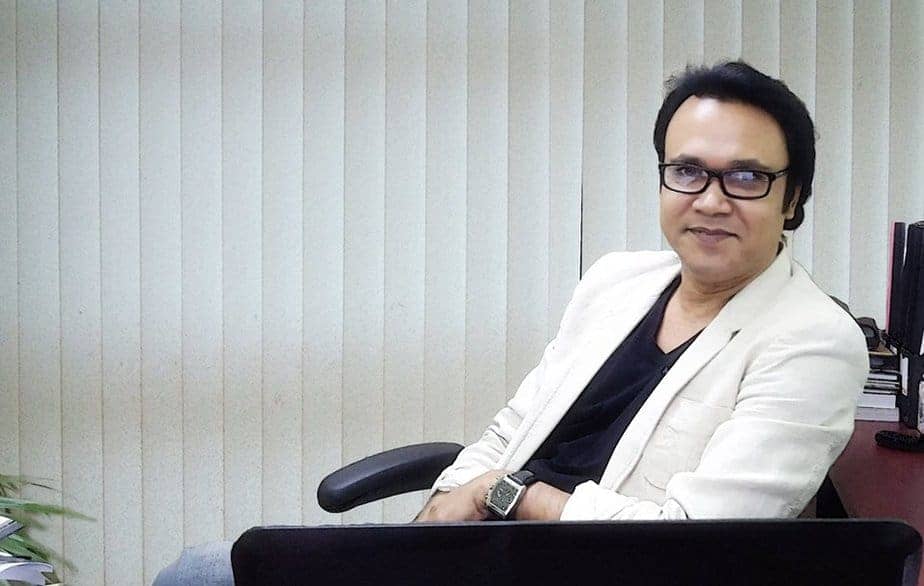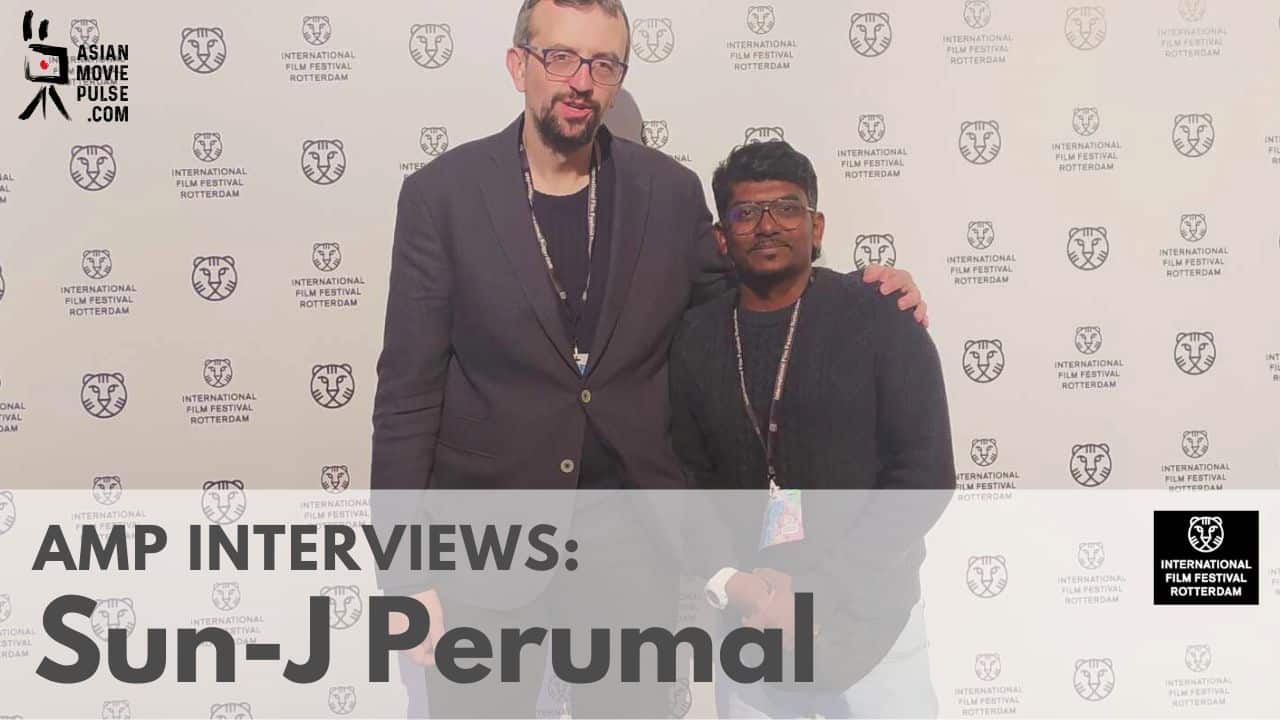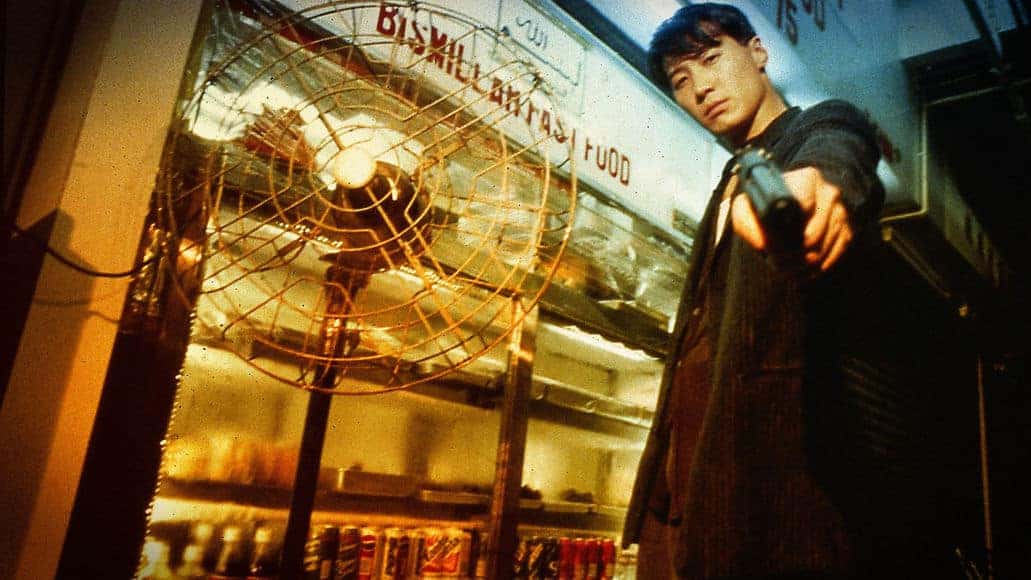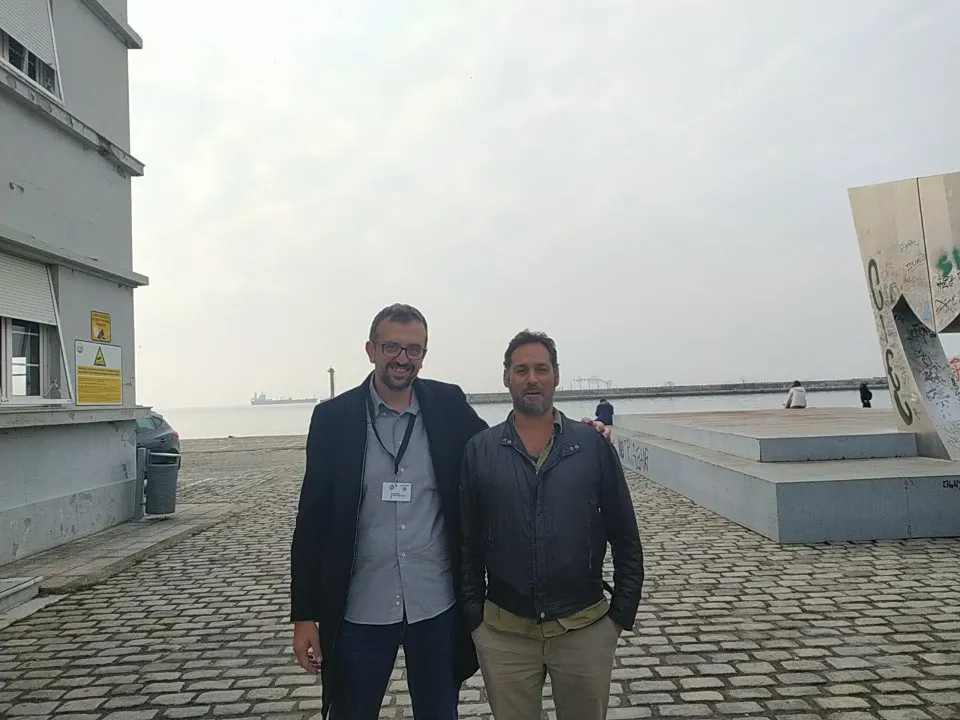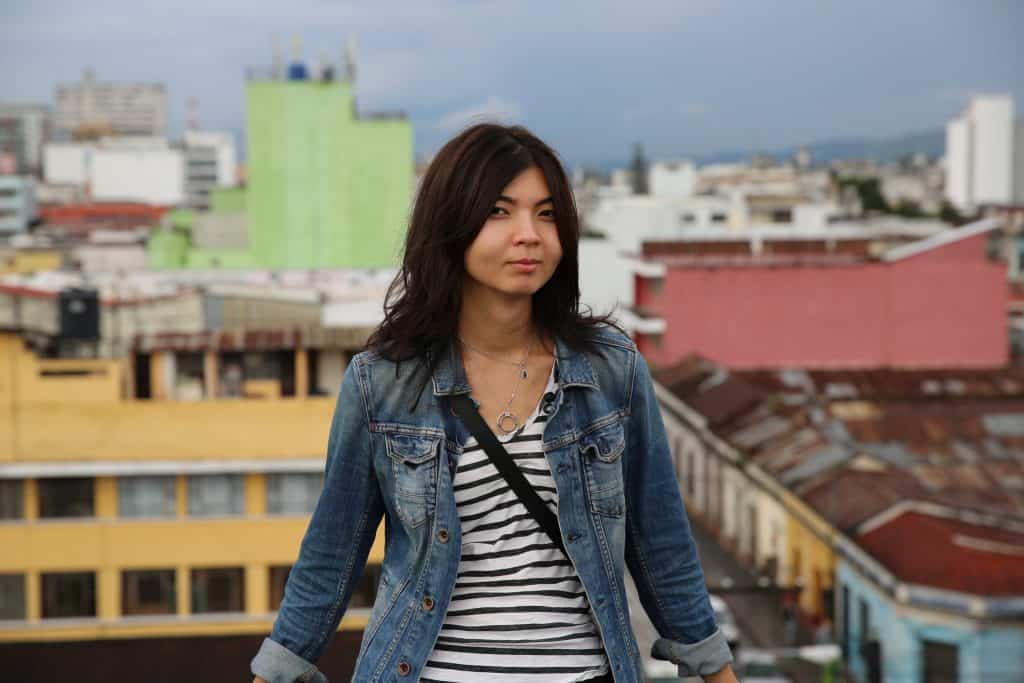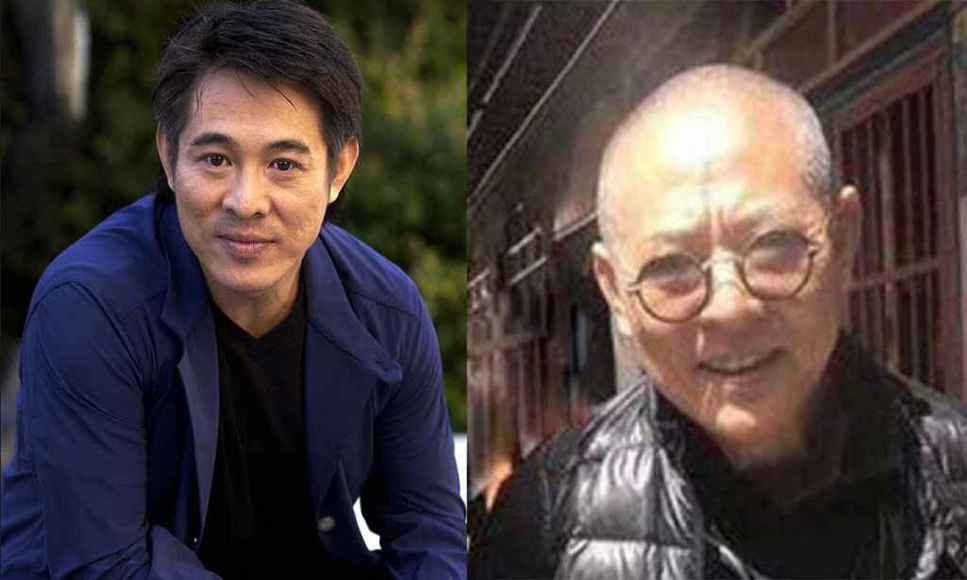Proshoon Rahmaan is a Dhaka-based independent filmmaker. He graduated from Dhaka University with a degree in social sciences and later he studied filmmaking at home and abroad, and also worked as assistant director to Tareque Masud. Apart from directing, he has also written novels, short stories, poetry, lyrics, essays, columns, reviews and screenplays. “Sutopar Thikana” (Her Own Address) is his debut feature film.
We speak with him about his many capacities, the film, women in South Asian, Bangladeshi cinema and many other topics.

“Her Own Address” is your debut feature film. Can you tell us about the path that lead to it?
It took a decade to prepare myself for a feature film. There were 5 original screenplays I've written, but I was confused to decide which one should be the first feature project. I'm a writer turned filmmaker. When I realized that film is the strongest medium where I can deliver my creative effort in order to reach around the globe, avoiding language barriers, I've chosen the story which features the least dialogue and tells the story of my own soil, own people, who are the most important in our lives. Also, this content has the strength to delight, to educate, to entertain, to instruct and to engage.
Tareque Masud was your teacher. Tell us about your cooperation with him.
I've joined Tareque Masud at 2007 as associate, after completing my academic film education, and worked with him consistently for 4 years till his accidental death in a tragic road accident in 2011. We've worked together in 2 features (1 undone), 1 short feature and 3 documentary projects. He was not only my teacher; he was my friend, philosopher and guide. I'm carrying his legacy and his given torch in the race to present our cultural progress and to establish cinema culture as serious work of art.
Regarding “Her Own Address”, you directed, adapted the script from your own novel and even wrote the lyrics of the songs heard in it. Why did you concentrate all these capacities to yourself?
Filmmaking is such a profession where a filmmaker has to know or keep knowledge about almost everything. But as I said before, I am a writer turned filmmaker. I'm in practice with every medium of literature. I've written novels, short stories, poetry, lyrics, essays, columns, reviews and screenplays. So it was the ultimate decision that all the text would come from me. I'm also working as assistant to me. I believe that's how an independent filmmaker grows and keeps himself as independent and finally considered as an `Author Filmmaker'.
The film presents a rather pointy comment about the lives of women in S. Asia. Why did you choose that topic, and what is your opinion of the lives of women in Bangladesh today? In one of the strongest scenes in the film, Sutopa is actually graded by her future father in law and a director of a school. Is this an event based on actual tendencies?

Almost 50% of our population is women. And more than 80% of them are living under insecurity of displacement. This displacement involves their known places, their own positions. They always remain dependant on their father, brother, husband and son, in different stages of their lives and they carry that sense of displacement until their life ends. This state/condition is almost the same in all over South Asia, with some exceptions in urban settings.
The sequence we see in the interview session of Sutopa as potential bride is authentically based on true events. Arranged marriage is the common practice for 90% of the region, and the bride-choosing process still retains all the essence of inhumanity and humiliation.
Music seems to play a very important role in the film. Can you explain this tactic?
Bangladesh is such a country where you will find music everywhere. People depend on music to express their every emotion. Almost every profession has a different genre of music to practice. Also, in subcontinental cinema you will find the song in the lips of the characters, as they express their inner feelings, and it's widely expected and appreciated by the audience.
In “Sutopar Thikana” (Her Own Address) you will not find the song in their lips; however it is a part of the storytelling, since the lyrics also carry the story forward as part of poetic narration.
Why did you choose to include narration in the film?
Poetry is also admired in our country, as much as music does. The tale of Sutopar Thikana (Her Own Address) is based on my own long poem where the story is being described like a ballad, with very few dialogues. When I chose that poetic story to adapt as a screenplay, I kept 50% of those lines as poetic narration, to complete the information I wanted to give in the film. This way, the narrative featured a unique and fresh approach to our traditional practices of storytelling.
I believe a strong image is good enough to make a point, but audio also has the power to make every emotion more intense and support the visual in the best way possible. And poetry is the strongest.

Aparna Ghosh is rather impressive as Sutopa. What was the casting process for the film? In general, what do you search for in the actors you cast?
For this certain character, I was looking for someone who is able to portray the 3 main stages of a women's life. She had to portray the adolescent period of a girl, middle age of a housewife and old age of a mother. I've seen Aparna Ghosh act as a middle aged housewife and she was very good. At the period of the screen tests, we saw her as a girl and as an old lady with the help of makeup and corresponding costumes. She was only 26 when we cast her at 2014, so it was little challenging to make her look 17, but she becomes 40 and 50 effortlessly, with her natural talent. The rest were seen on the screen.
What is your opinion of the Bangladeshi film industry at the moment?
There used to be 1200 movie theaters all over the country for mainstream cinema. Now there are only 250. In this digital era, the Multiplex has become the dominant medium, but this culture is yet to be built and remains under threat from the broken infrastructure.
A lot of films are being prepared here everyday from the new age filmmakers. They are practicing in international standards and their films are part of almost all the leading festivals around the globe. But they are all struggling with distribution and screening. Creative films are finding their places in the international arena to declare the strong existence of Bangladeshi Cinema.
Who has influenced you the most as a filmmaker? Which are your favorite movies?
Satyajit Roy is the main influence for almost every Bengali filmmaker. For me, the second most important is Iranian filmmaker Abbas Kiarostami and the other one is, off course, Bangladeshi filmmaker Tareque Masud.
There are a lot of movies I can name in my favorites' list. Most of them are from Satyajit Roy, Abbas Kiarostami, Yasijuru Oju, Akira Kurosawa and some from other Iranian, Korean & Japanese filmmakers. There are a lot of movie in my watching list from almost everywhere.
What projects are you working on at the moment?
Presently I'm working on my second feature project titled `Dhaka Dream,' which is at production level now. The story is dealing with a city which is already overpopulated and with the dreams of rural people, who have no other choices but to come there.
`Dhaka Dream' is the first part of the `Dhaka Trilogy' and my dream is to see the trilogy completed. (www.dhakatrilogy.com)


